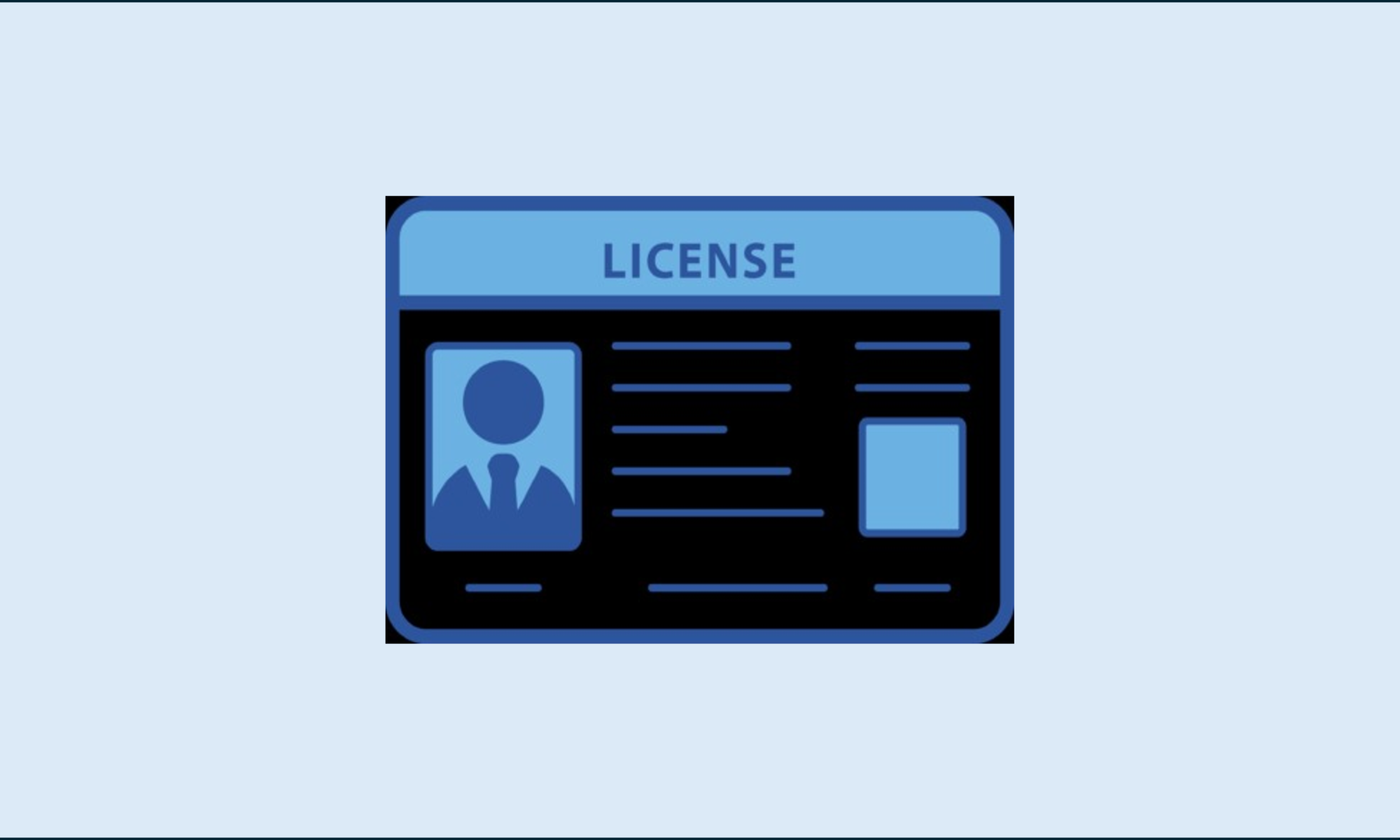India’s central food regulator, the Food Safety and Standards Authority of India (FSSAI), has made a policy decision to issue instant registrations and licenses to food businesses in India. The instant registration or license will be valid for one year and may be renewed in a regular course.
Background
All food businesses in India require either a registration or license to operate. Whether a food business will require a registration or license depends on (a) the scale of the business (b) the nature of the business and (c) the number of States in India in which the business will operate. A registration will be typically granted by the State-level Food Regulators, and license may be granted either by State-level or Central Food Regulator (FSSAI).
As per current timelines prescribed in the Food Safety and Standards (Licensing and Registration of Food Businesses) Regulations, 2011, the food regulators may take anywhere between seven days and a month to grant a registration, and up to two months to grant a license. These timelines are sometimes compounded if, during the pre-registration / pre-license inspection, the inspector directs the applicant to make improvements before the registration/license may be granted.
Tatkal (Instant) System of Food License
To improve the ease of doing business for businesses, the FSSAI has streamlined the process for granting license such that the registration/license for food businesses could be made available instantly without inspection. Of course, the registered/licensed food business will be subject to future inspection and requirements to comply with inspection related improvements.
The said ‘Tatkal’ (instant) license facility will be made available to the following categories of food businesses: importers, wholesalers, distributors, retailers, transporters, non-atmospheric-controlled storage providers, food vending agencies, direct sellers, merchant exporters, petty retailers such as snack and tea shops, and mobile food vendors (hawkers).
However, this Tatkal registration or license will not be issued to food business operators dealing in milk, meat, and fish. Also, the applicant should not have had their registration or license suspended or cancelled in the prior three months before the date of application.
Before applying, every food business should thoroughly evaluate their application. Providing incorrect information regarding the Kind of Business or failing to meet eligibility requirements can result in fines of up to Rs. 10 lakhs.
Conclusion
The decision to issue tatkal (instant) registrations and licenses is a very pragmatic step taken by the Indian Government to improve the ease of doing business for food business operators. The facility will be initially available only for individuals who own food businesses (proprietors) and be rolled out in Assam, Delhi, Gujarat, Jammu & Kashmir, and Kerala. It is expected to be eventually extended to partnerships/registered firms and be available to businesses in other States and Union Territories as well.

